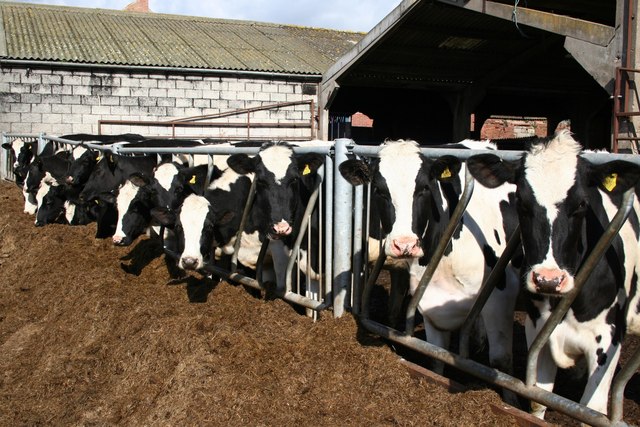11 Dec 2024

Tired Earth
By The Editorial Board

The vegan movement has boomed in recent years, with everyone from Beyoncé to the UK’s business secretary praising veganism’s ethical, climate and health benefits.
For several years now, Veganuary – held in January – has offered a way for those interested in veganism to dip their toe into the diet, with food retailers and supermarkets often introducing new vegan products and ranges throughout the month.
Around this time of year, people often have questions about veganism – how to do it, what it involves and the reasons why people choose to follow a vegan diet.
Veganuary was started in 2014 by a non-profit organisation of the same name as a way to encourage more people to try a vegan diet.
Since then the numbers of people participating have skyrocketed around the world, with the Vegan Society claiming that over 580,000 people from 209 countries took part worldwide in 2021.
The basic idea of Veganuary is to avoid animal products for an entire month, but people interpret this instruction differently depending on what’s realistic for them and their lifestyle.
Some people just avoid animal products in their diets, while others attempt to avoid animal products or animal cruelty in the cosmetics they use and the clothes and accessories they buy.
There are several different reasons why a person might go vegan, ranging from ethical concerns over killing sentient beings to health issues associated with eating meat and dairy.
One growing concern around eating meat and dairy is the climate impact of these foods, with many now opting for veganism as a way to combat climate change.
Obviously, one person going vegan won’t be enough to fix the global issue of climate change, but researchers from the University of Oxford have estimated that following a vegan diet could reduce your individual carbon footprint by over 70 per cent.
This means following a vegan diet is one of the most effective individual actions you can take to combat climate change.
Meat and dairy products can be damaging to the environment and climate in several ways, though some products – such as beef – are more damaging than others.
Cows produce methane, a greenhouse gas even more dangerous than carbon dioxide. Because millions of cattle are bred to satisfy global demand for beef, the industry contributes a large percentage to the world’s greenhouse gas emissions.
Forests all over the world are felled to make way for cattle and soya to feed cattle – destroying vital carbon-absorbing trees.
Globally, meat and dairy accounts for around 14.5 per cent of global greenhouse gas emissions, according to the UN’s Food and Agricultural Organization (FAO).
Source : bigissue.com
Comment